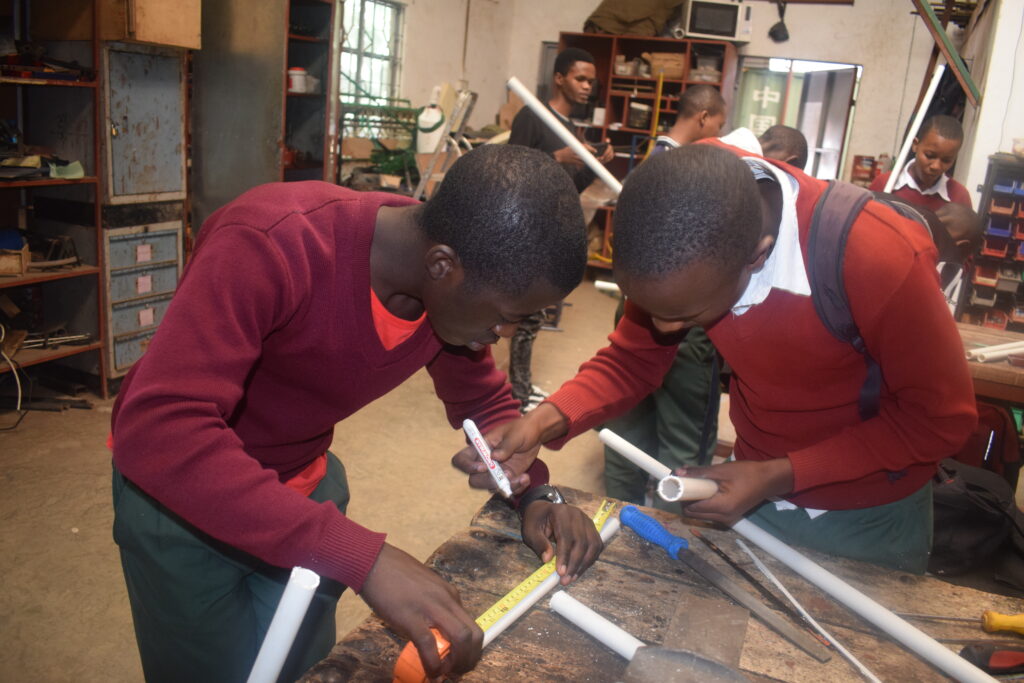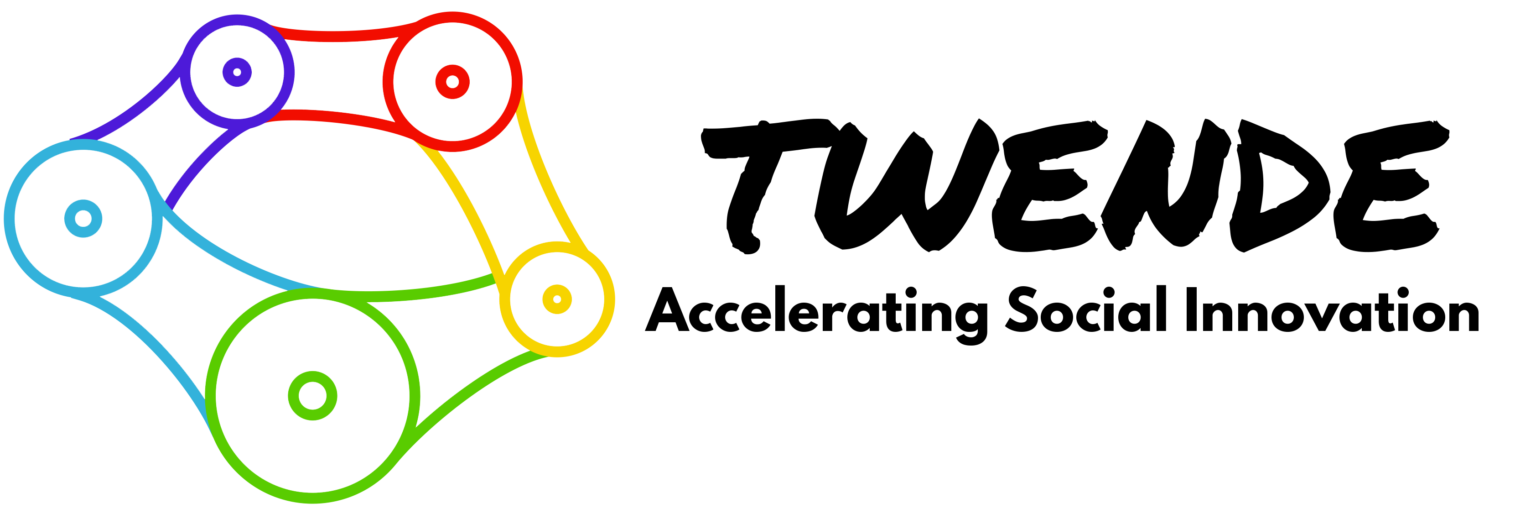WHAT WE DO
Twende both encourages potential innovators and supports experienced innovators to create a nation of problem-solvers, working with approximately 40 students and innovators per month. Twende runs outreach workshops to inspire future innovators to create problem-solving products and teach them the practical skills that they need to develop prototypes.

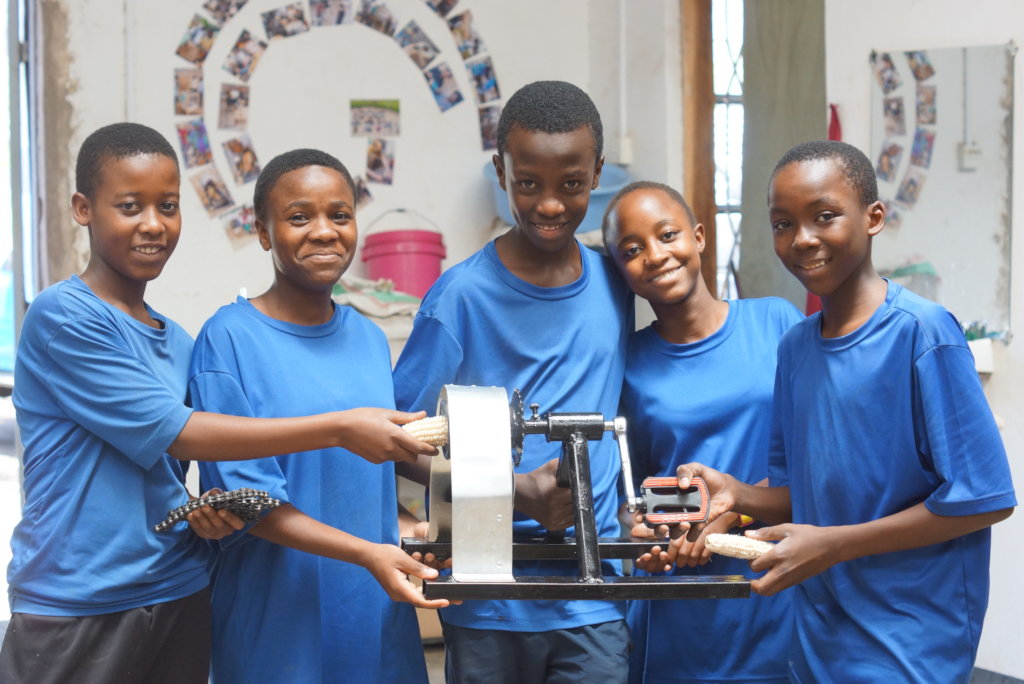
- CREATIVE CAPACITY BUILDING (CCB)
Twende’s lead program is called Creative Capacity Building (CCB). It takes five days including thinking of solutions to given challenges, and the Design Cycle (idea generation, selection, prototype design and construction, testing, modification, re-testing etc.) Then the students consider their own challenges and those of their families and their communities and think of possible technological aids to meet those challenges. This training is delivered to various groups, particularly students (during holiday time) but also youths and community members themselves.

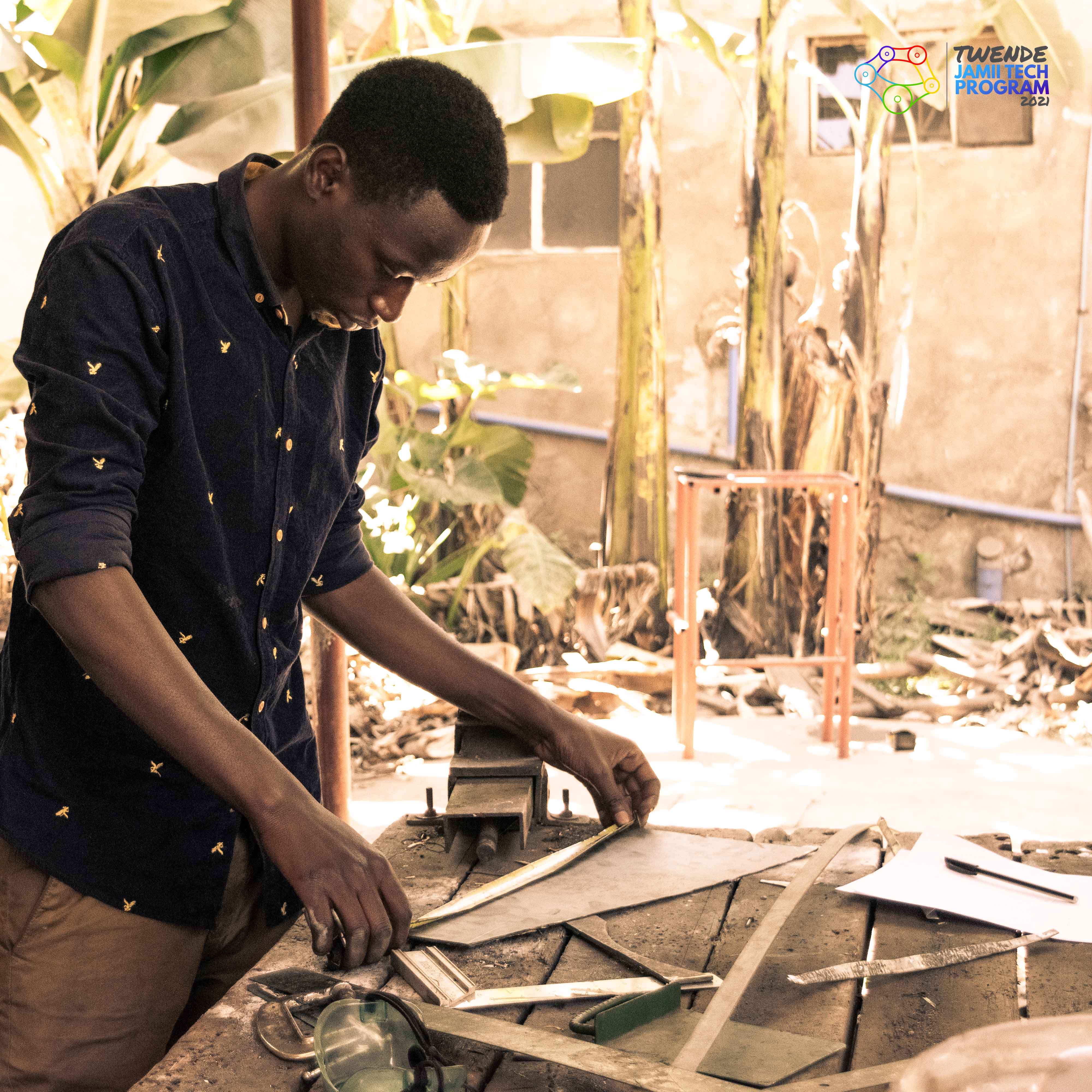
- JAMII TECH INCUBATION PROGRAM
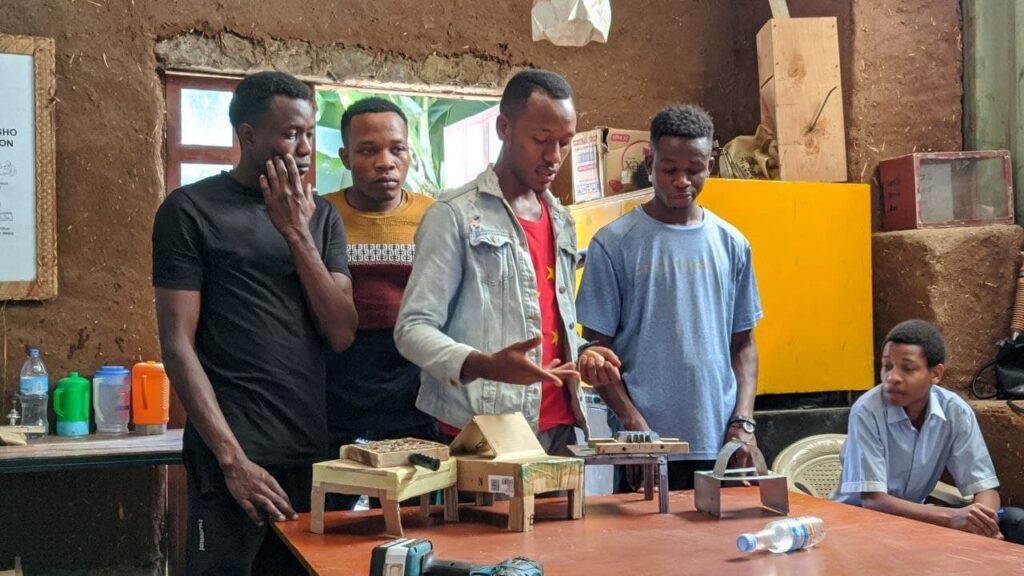
- BUILD IT
Over a period of one to three days, Chris guides groups of students to make something that they and their families can use in their daily lives. This is exciting for the students. It gives them confidence that they can use tools and inspires some of them to take one of our longer programs.
The Build It Workshop is an educational workshop teaching practical skills to students by guiding them to build a specific product with locally sourced materials. This hands-on workshop allows students to apply scientific concepts that they have learnt in school to develop a better understanding of design and manufacturing while encouraging creativity and problem-solving. The program encourages students to pursue further education in STEM and to innovate for their local communities by bridging the gap between theory and application.
